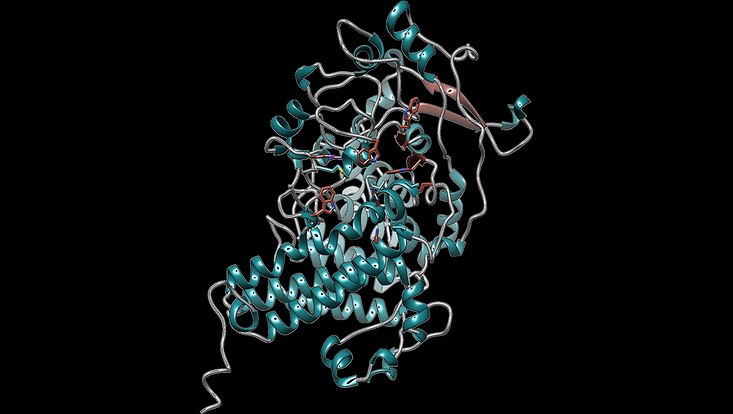Discovering proteins that can bind to plastics
15 July 2024, by Dr. Pablo Pérez García

Photo: UHH/Mikrobiologie
Our latest research highlights a groundbreaking discovery: certain proteins, known as SusD homologs, that typically bind to natural materials like cellulose and chitin, can also bind to synthetic plastics. We identified three specific SusD proteins — SusD1, SusD38489, and SusD70111 — that demonstrate this unique ability. Using advanced techniques, we showcased their binding to materials, including polyethylene terephthalate (PET) and polyamide/nylon (PA6).
We found that specific tryptophan residues in these proteins are key to their binding capability. Altering these residues affected their binding to natural materials but not to plastics. This novel finding opens up exciting possibilities for using these proteins in environmental cleanup, particularly in breaking down plastic waste.
Read more about the study here:
Metagenome-derived SusD-homologs affiliated with Bacteroidota bind to synthetic polymers
Published on 3 July 2024 in Applied and Environmental Microbiology

